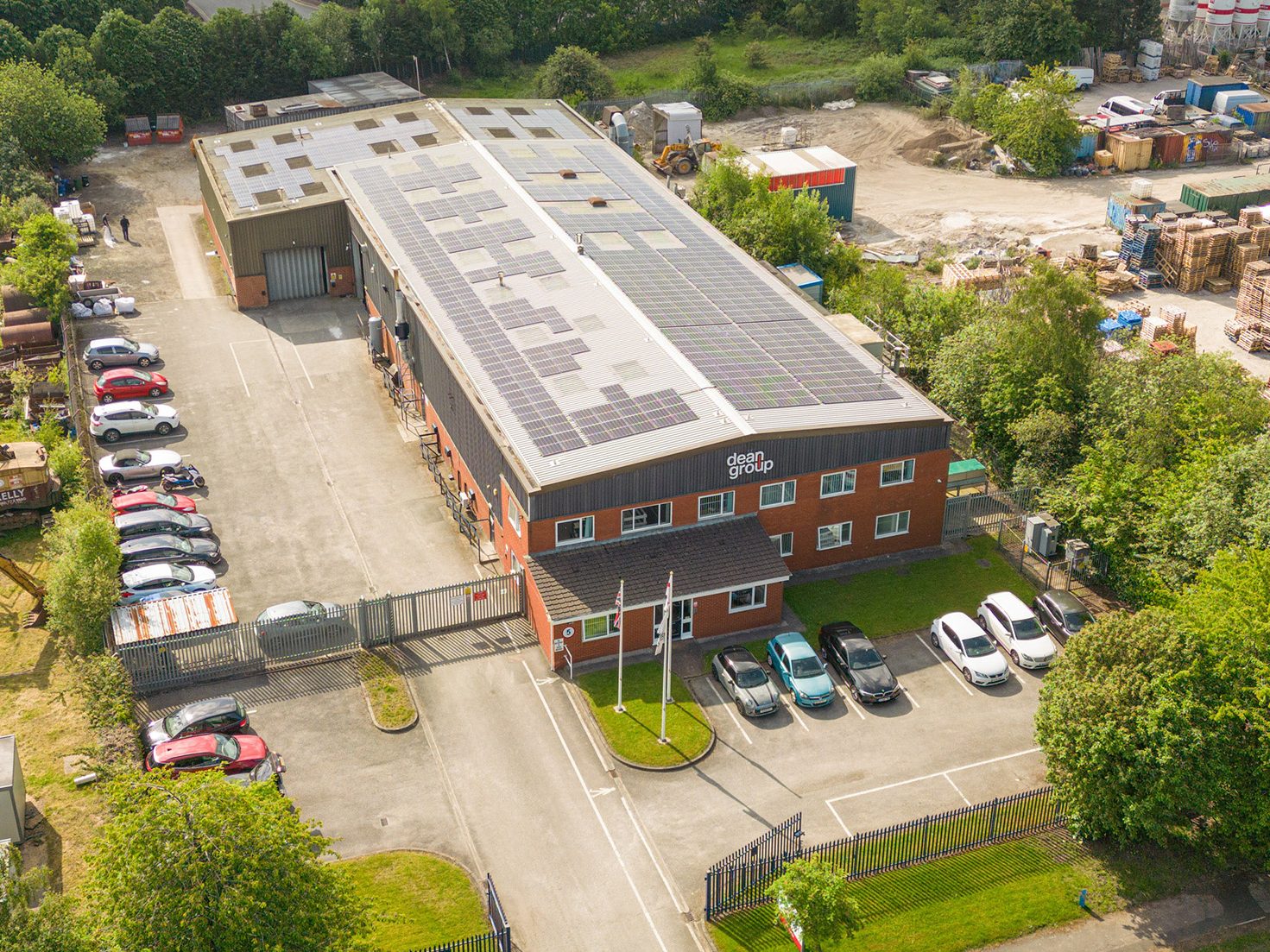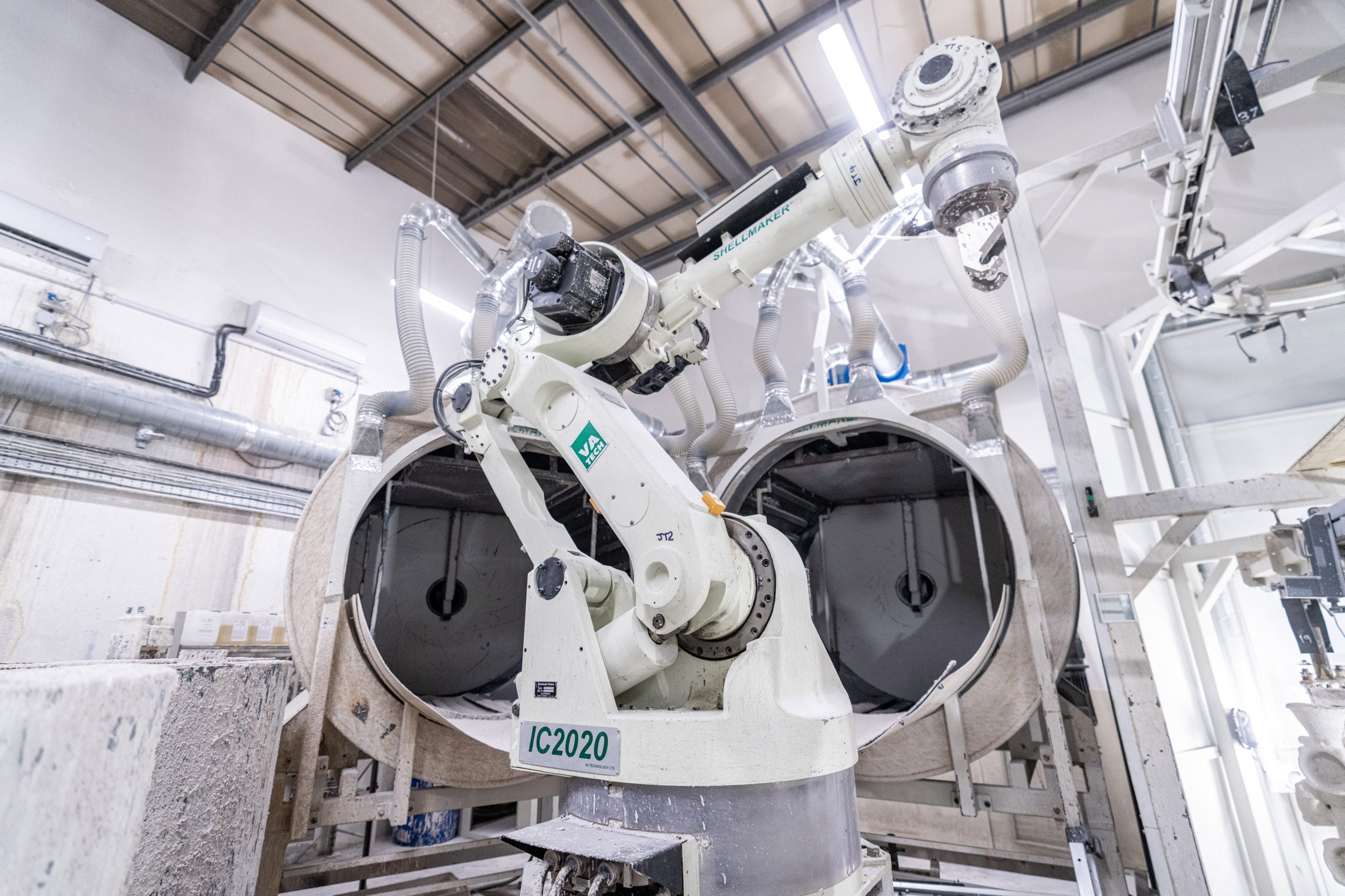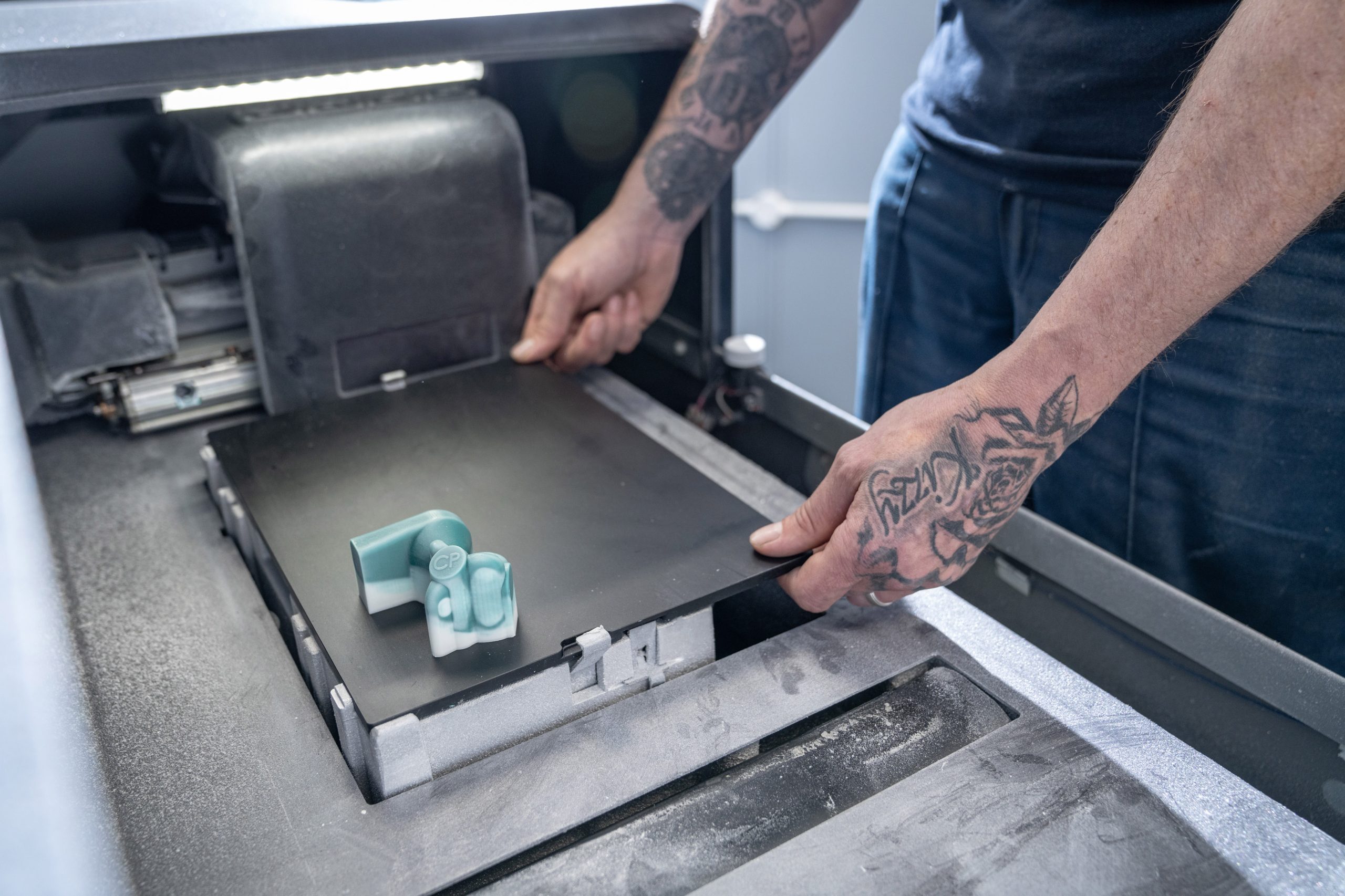Is Investment Casting a Sustainable Choice?
A closer look at the progress, challenges, and future of sustainable investment casting.
Sustainability is no longer a “nice to have” in manufacturing - it’s a baseline expectation. Customers, regulators, and industries are all asking harder questions of metal casting foundries about how components are made, what resources are used, and how long-term impact is managed.
At Dean Group, we welcome those questions. We’ve made sustainability part of our strategy, not just for compliance, but because we believe it’s essential for the future of high-quality manufacturing.
What Makes Investment Casting More Efficient?
Compared to many traditional manufacturing methods, investment casting is more resource efficient. It allows us to produce near-net-shape parts, meaning less material is wasted, especially when compared to processes like CNC machining, which often removes large amounts of excess material.
By using simulation tools and rapid prototyping, we fine-tune designs early, minimise the need for rework, and maximise the use of expensive or high-performance alloys. That’s better for the environment and often more cost-effective for customers, too.

What About Energy Consumption and Emissions?
There’s no avoiding the fact that investment casting involves energy-heavy steps, such as metal melting and ceramic shell firing. But this doesn’t mean the process can’t evolve, and it already is.
At Dean Group, we’ve made significant changes to reduce our energy footprint. We have:
- Installed solar panels on-site
- Introduced eco-efficient boilers and LED lighting
- Added variable-speed compressors to optimise energy use
- Implemented heat reclamation strategies across production
We're focused on reducing the total energy used per finished part, in line with global decarbonisation strategies and Net Zero ambitions.
How Is Waste Managed Responsibly?
Waste is one of the biggest challenges across all casting methods. For investment casting, ceramic shell waste is the most complex issue - it isn’t widely recyclable at scale just yet. That said, we’re not standing still. We’re actively exploring alternatives and applying waste-minimising practices wherever we can:
- Recycling internal metal scrap
- Reclaiming and reusing wax
- Careful water use and reuse across our facility
- Strict process control to reduce material losses at every stage
We’re honest about where the industry still needs innovation, and we’re committed to being part of that journey.

Are There Recognised Sustainability Standards?
Absolutely, and we’re aligned with them. Sustainability in casting isn’t just about process improvements. It’s also about design innovation, smarter materials, and digital integration.
We’re applying:
- 3D-printed wax patterns for better accuracy and less waste
- Digital simulation to optimise designs before production
- Recycled aluminium in our ELITE casting process, supporting circular manufacturing
Our R&D also explores new binder systems and more sustainable shell materials that could offer better environmental performance in the future.
What Are We Doing to Prove Our Commitment?
Sustainability is embedded in our business strategy, not just a compliance exercise. Our efforts have been recognised in the past with a Gold Environmental Award from Salford City Council, and we maintain ISO9001 accreditation to ensure ongoing improvement. We believe in transparency, sharing both our successes and the challenges we continue to face, such as the search for a scalable, recyclable ceramic shell solution.
When sustainability is your goal, supply chain emissions matter - a lot.

By manufacturing in the UK (specifically Manchester), we help customers reduce the environmental impact associated with shipping components long distances. This doesn’t just reduce carbon emissions, it also shortens lead times and improves responsiveness.
UK-based production also means compliance with strict environmental, safety, and energy regulations - the kind that are already driving change across the global industry.
Plus, being closer to our customers allows for better collaboration, smarter designs, and more circular practices like reuse and recycling of materials through local networks.
So, Is Investment Casting Truly Sustainable?
It can be when done responsibly.
Investment casting isn’t without its environmental challenges, but it's also evolving fast. With better materials, smarter design, and greener operations, it’s one of the most adaptable and efficient casting methods available, particularly for complex or high-performance components.
Join the Sustainability Conversation
At Dean Group, we’re committed to doing things the right way, even when it’s the harder route. We're open about the work still to be done and confident about the path ahead. We are confident that investment casting, when paired with responsible practices and continuous improvement, can be an integral part of a sustainable manufacturing strategy.
If you're exploring how your manufacturing choices can better support your sustainability goals, our team would love to talk. Feel free to get in touch, and our expert team will be happy to help.
Registered in England VAT No: 146307478 Company Registration No: 1062820




